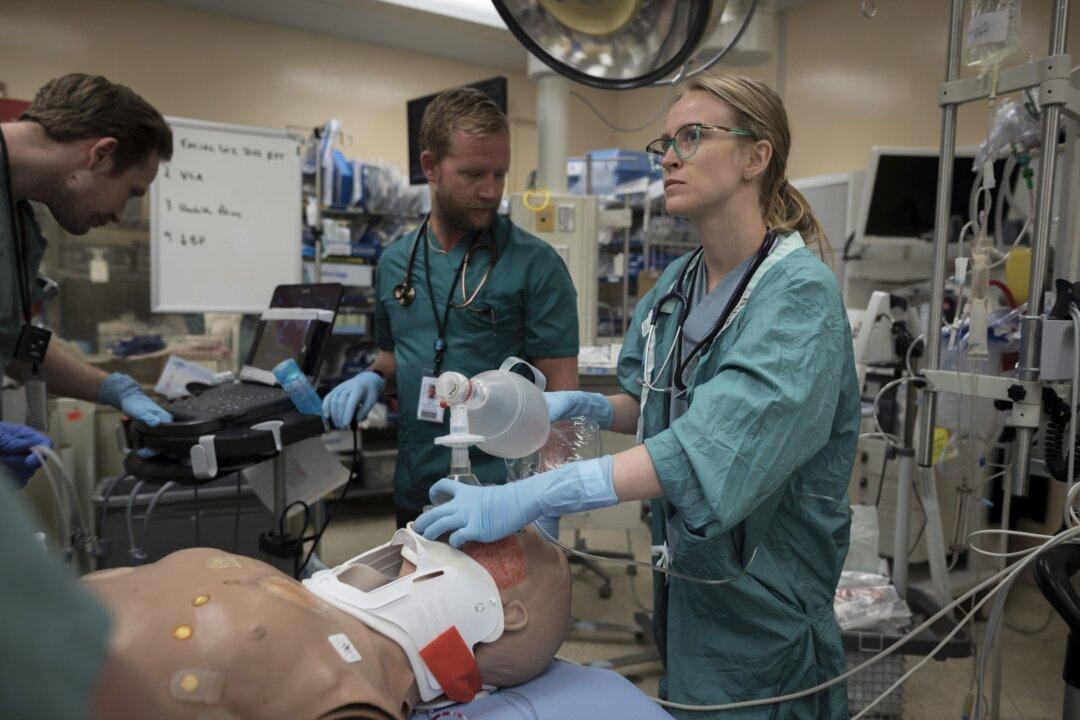A private members bill that would protect the conscience rights of medical professionals in Alberta has inspired both praise and controversy. Bill 207, the Conscience Rights Protection Act, was introduced last week by United Conservative Party MLA Dan Williams and has passed first reading.
“Individuals shouldn’t have to choose between their most deeply held moral convictions on the one side and their job on the other,” Williams said in a press release announcing the bill. He noted that while the bill seeks to protect freedom of conscience, “it in no way limits access to health services in the province.”





